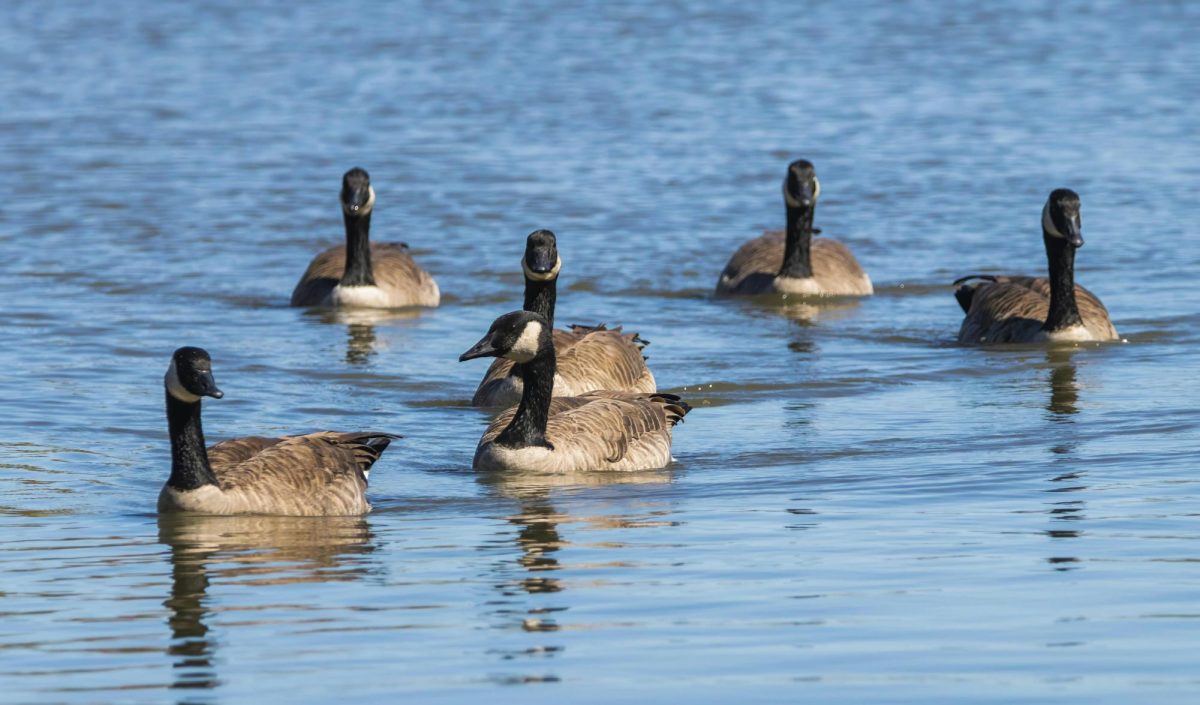Canada geese are an often-spotted creature in New Jersey. Whether they are grazing on fresh grass in the Summer, or swimming upon lakes, or flying in their classic V-shape formations, there is no doubt that these birds are a common sight to behold. Recently, however, Canada Geese in New Jersey have been a topic of controversy. According to the Department of Environmental Protection for the government of New Jersey, there were an estimated 105,000 geese in New Jersey in 2000. Since then, estimates for the goose population have “generally decreased” to an estimated 63,485 geese in 2023, but the animals have still been causing some significant environmental problems in the Garden state, eating farm crops, defecating in water, and more.
The Council in Peapack-Gladstone, NJ, seems to have had enough of the masses of geese swarming their burough, as a recent council decision will allow the extermination of a number of geese in Liberty Park, according to the NY Post.The decision has been met with mixed opinions, some understanding and others deeply enraged. The council members themselves have referred to the danger of goose feces for children in the park. Indeed, goose droppings can be a hazard. According to Rutgers, goose droppings can carry numerous different diseases which can be transmitted to people via infected water. Outside of the park, water with feces can also infect livestock animals, thus causing issues with New Jersey agriculture. In the Peapack and Gladstone Council meeting on May 14th, a statement was made regarding the geese and previous efforts to contain their population. One of these methods, for example, was a Riparian buffer, which are “strips of vegetation (trees, shrubs or grass) planted next to streams or other waterbodies”, as stated by the NY Department of Environmental Conservation. The Lake Warren Task Force implies that a Riparian buffer is a viable solution for preventing goose feces from entering water, but the idea has not quite worked for Peapack-Gladstone, and the geese continue to infect the lake in Liberty Park, the council implies. One council member says in his statement that “[the geese’s] presence is simply incompatible with the safety and enjoyment of our residents”. The comment segment at the end of the meeting showed the strong opinions of some of the people in the crowd on the Council’s decisions, with statements being made about the method of killing the geese (euthanasia by carbon dioxide gas, says NBC New York) and also proposals for alternate methods of dealing with the goose problem. For example, one woman talks about the daily use of Border Collies to intimidate the geese and scare them away. Another makes a statement regarding the humanity of carbon dioxide gas euthanasia for the geese, and states that death by the inhalation of carbon dioxide would be extremely painful for the animals. The full meeting can be found here, with information about the geese infestation by the council beginning around timestamp 9:03.
Overall, Canada geese are an iconic animal in New Jersey, but they don’t come without associated problems. The council of the Borough of Peapack-Gladstone has stated that they have made many efforts to control the geese population in Liberty Park with little success. Now, they resort to a controversial method. As of recent, there are no indications that the council will halt the plan, but, as noted by the NY Post, there is currently a petition on change.org for the borough to not go through with the euthanasia of the Liberty Park geese, and it is nearing 5000 signatures according to the change.org website.
































